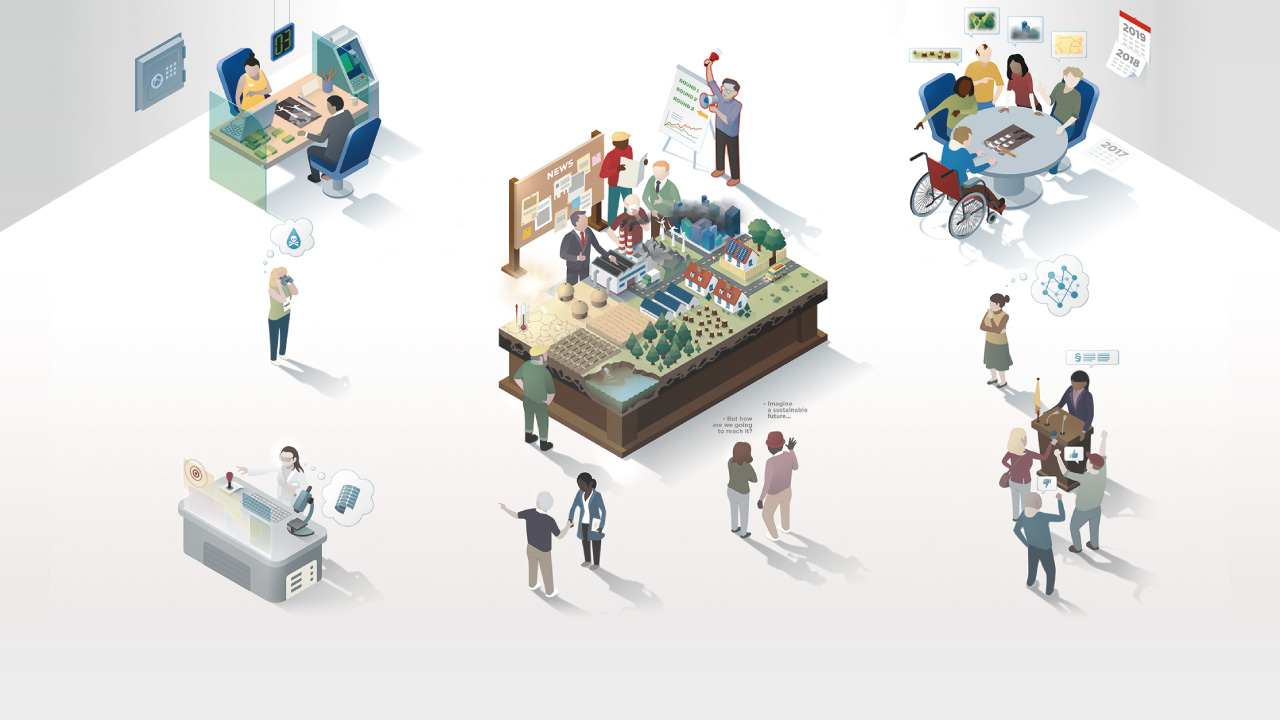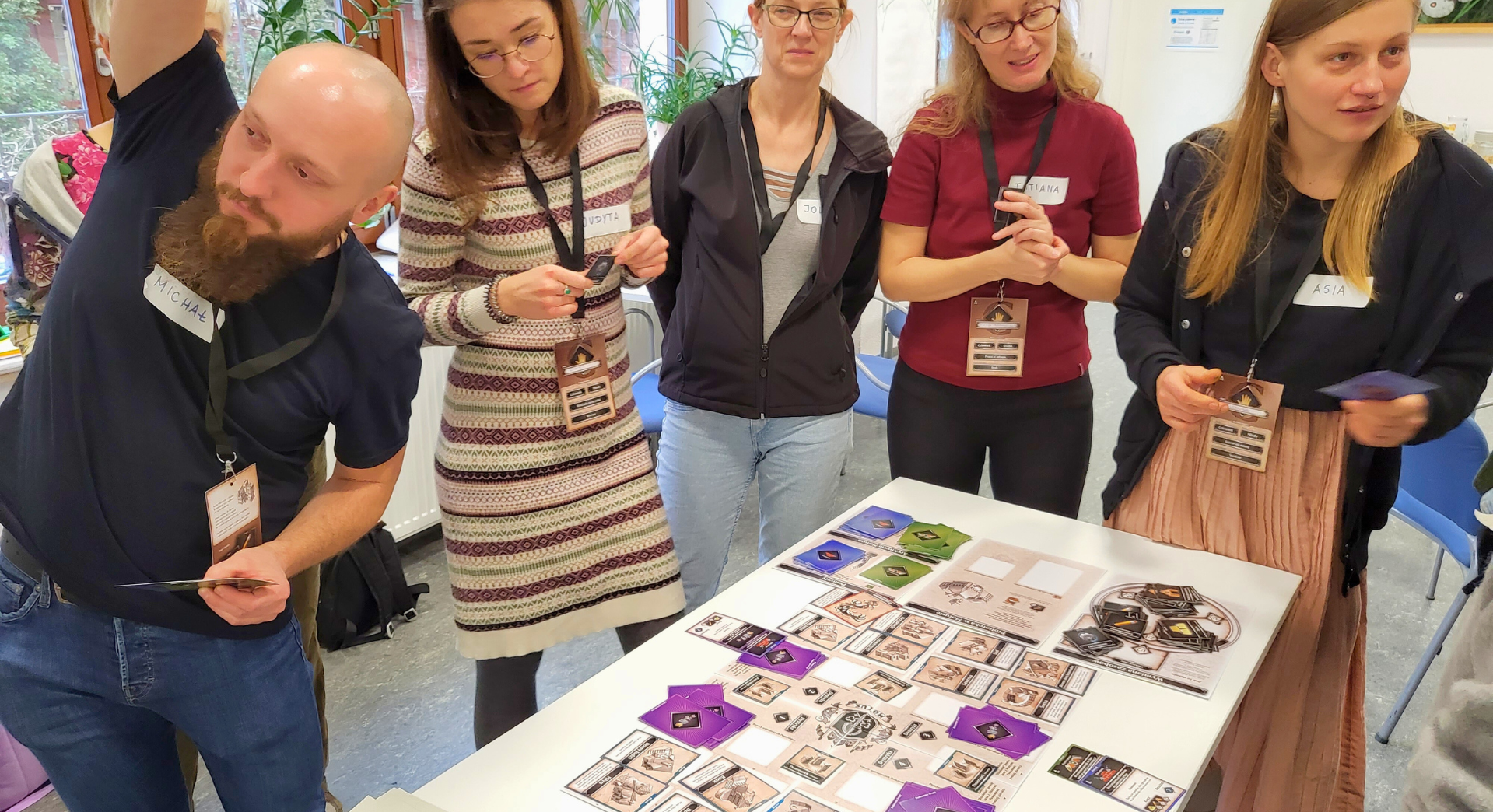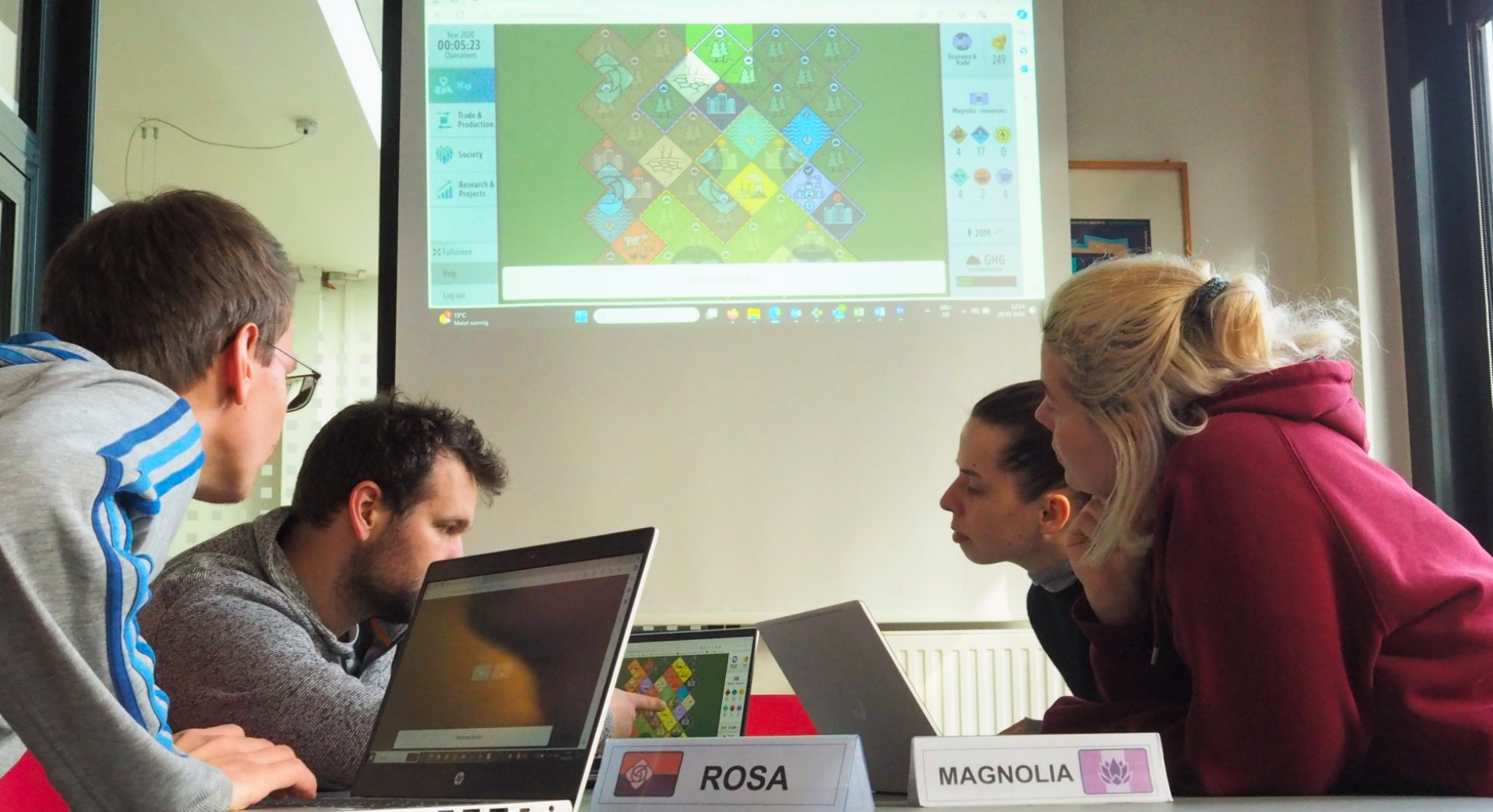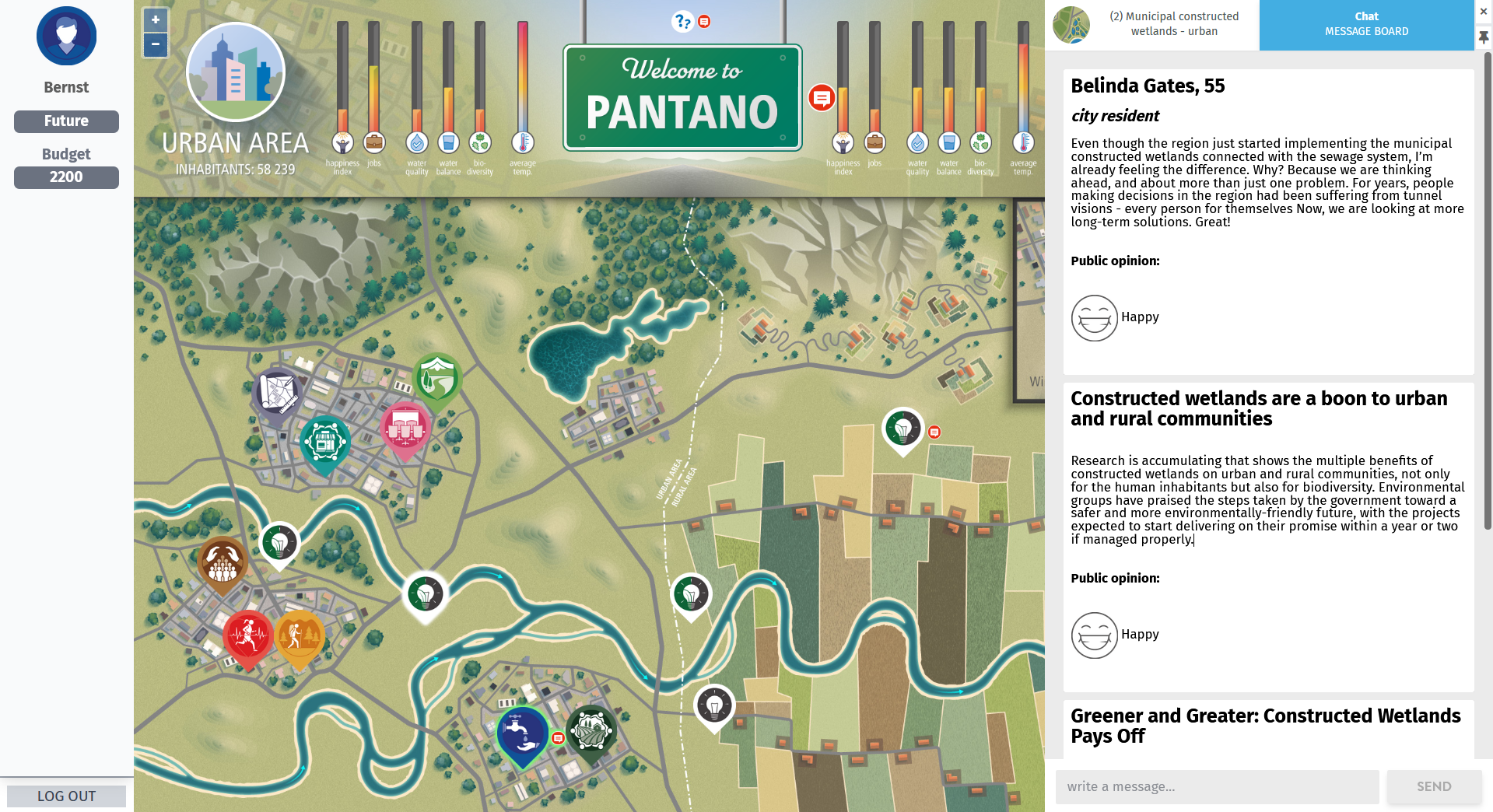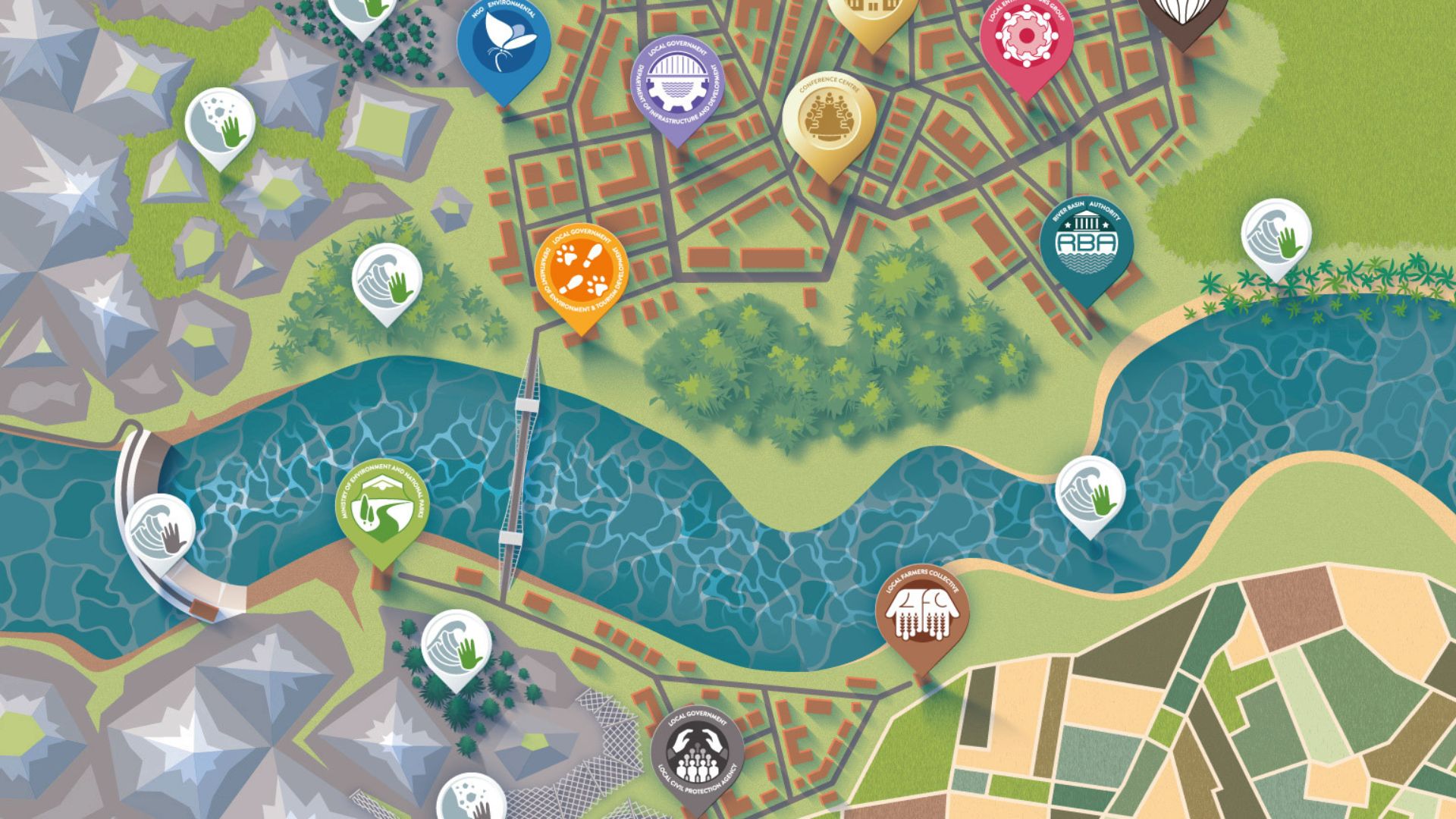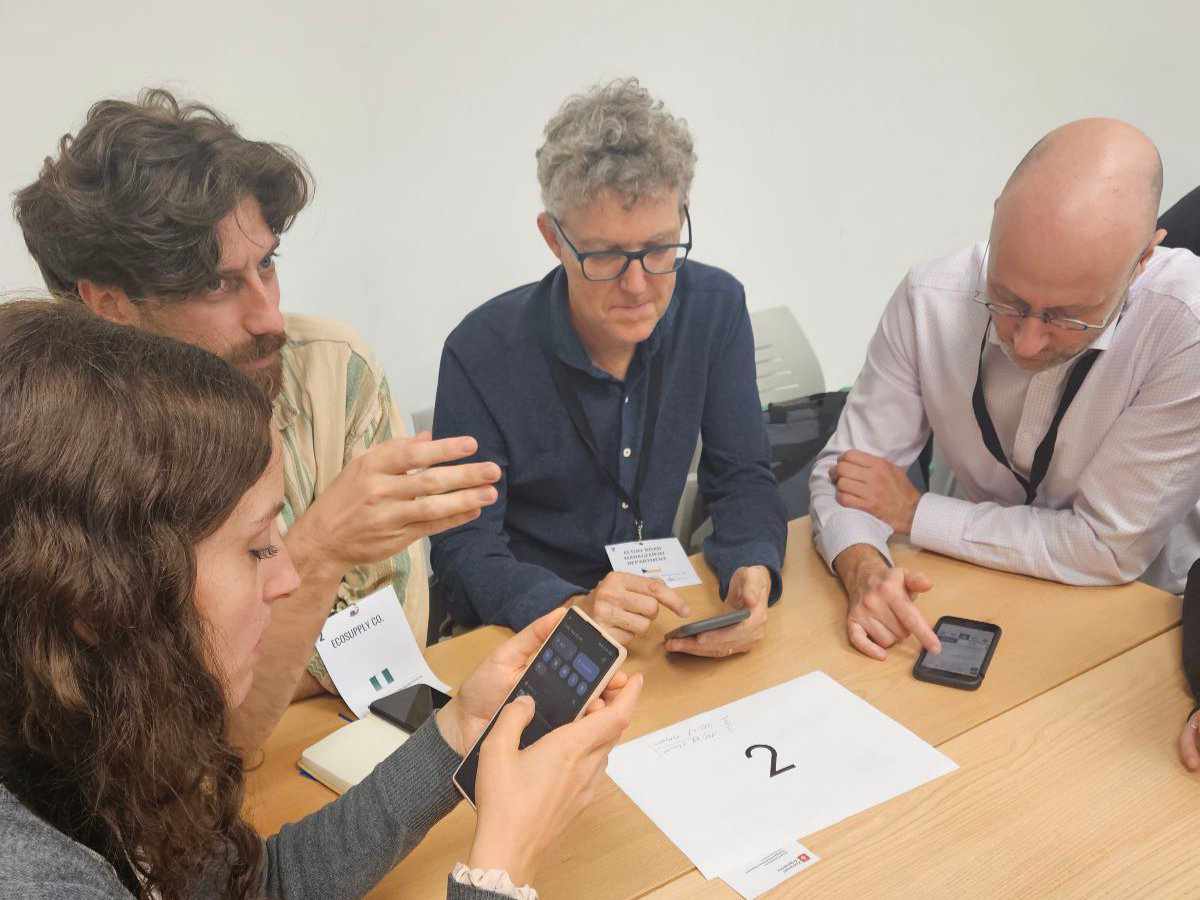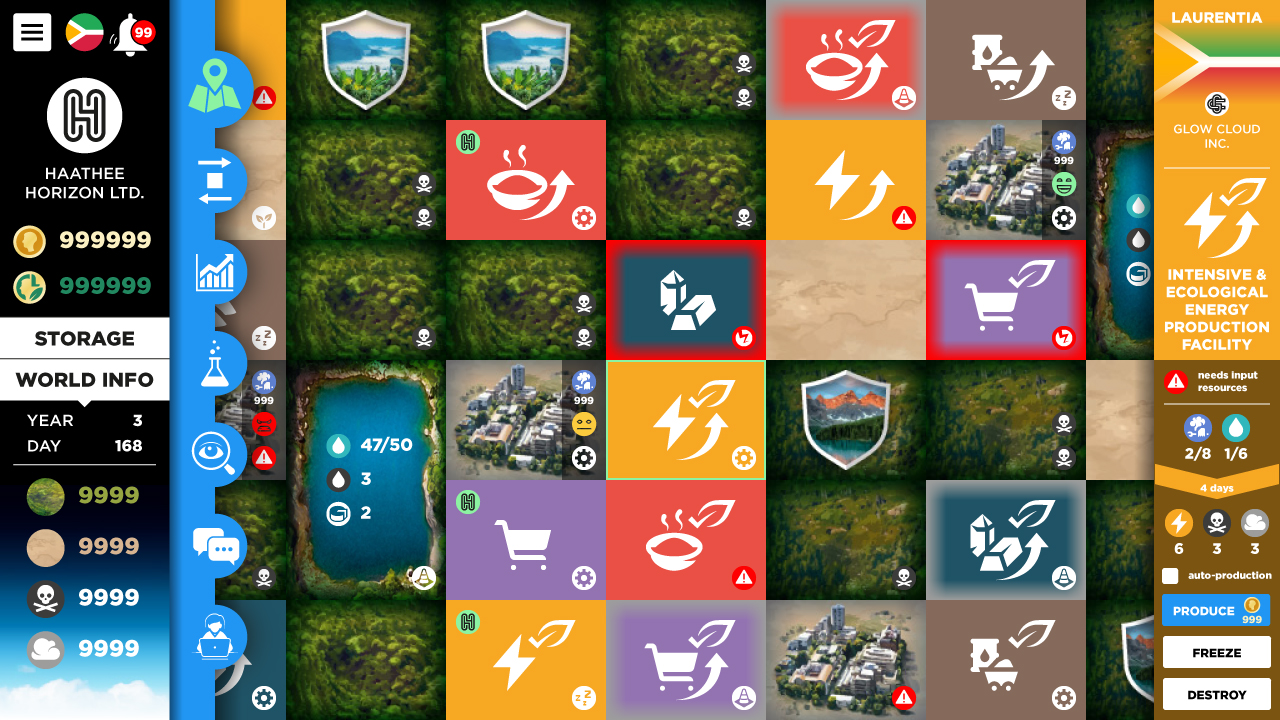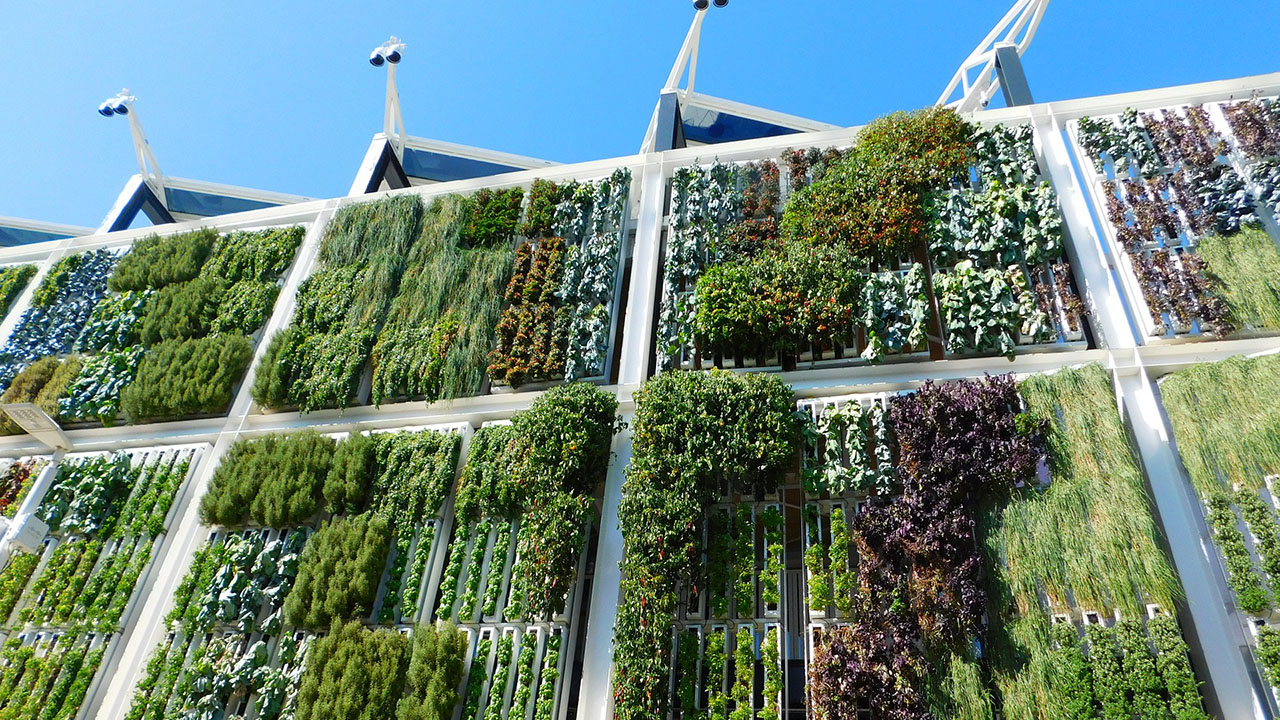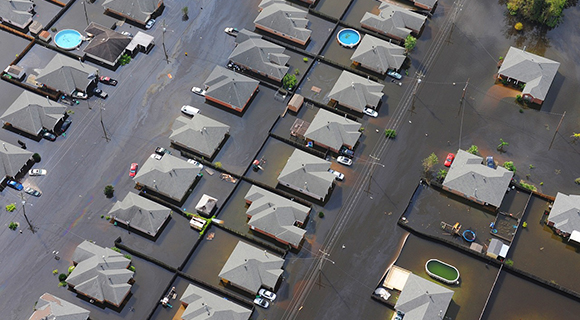What are social simulations?
The following video will help you grasp the most important aspects of the social simulations:
Why is it so unique?
How to apply it?
What are the benefits of using it ?
Social simulations are experiential processes where a group of participants collectively explores a complex reality.
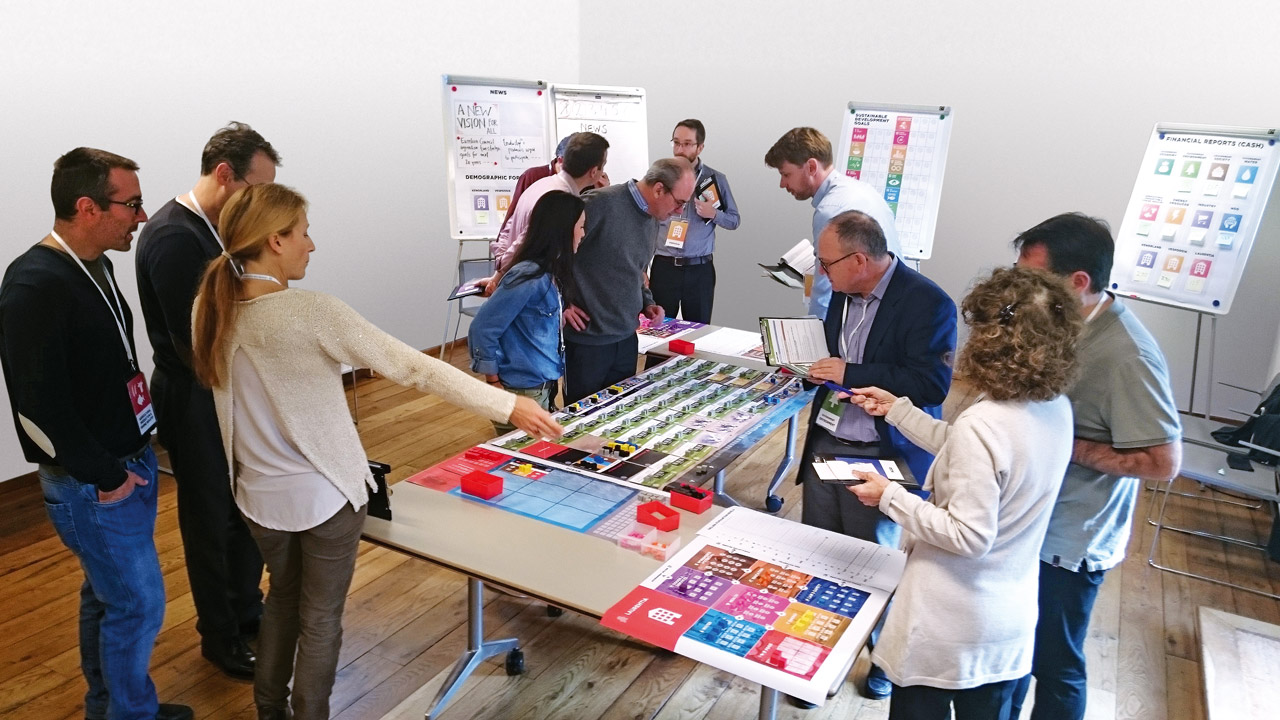
Complex problems require solutions that respect the laws of nature and the needs of people. Bringing together diverse stakeholders in a safe space is essential to exploring various solutions and testing their viability. This is why we design and implement social simulations.
It is social because it requires the participation of real people who represent different groups and organizations. We call it a simulation because it represents a carefully selected real-world situation or a process, enabling participants to actively operate its key elements and make claims about how they work. This simulated reality is created through the use of game elements (roles, problem cards, pictures, tokens, boards, etc.).
How do social simulations work?
All types of social simulations created by the Centre for Systems Solutions offer a combination of science-based and relational problem-solving. They include game-like elements to structure communication, and feedback mechanisms to trigger reflection and deep learning. For a few hours, stakeholders with various experiences and values take on specific roles (either mock or real), representing different sectors, e.g. research, administration, business, NGOs. They interact with each other in a shared, safe environment that reflects key aspects of the real world. In this simulated reality, they have a chance to find solutions to real problems, confront opposing views, and solve conflicts via negotiations and dialogue. Together, they creatively test new approaches and instantly face the outcomes of their decisions.
The conversations that occur and the pathways that appear while using simulation enable participants to expand and revise their worldviews. They help surface misconceptions and trigger dialogue and experimentation. The common experience eliminates barriers among diverse parties, enhancing trust and understanding.
With an increased flow of information, participants find it easier to build a shared language and act together towards a common cause. The resulting mind-shift leads to creative, inclusive, and resilient solutions, as well as inspires to change and action in the real world.
A special type of social simulation, a policy simulation (also known as policy exercise), may also be used to explore real policy issues. Unlike social simulations that apply role-playing and stylized settings, policy simulations require that participants assume their real-life roles, work with real-world data, and operate within their own cultural contexts.
Areas of application
Achieving sustainable development goals, adapting to and mitigating climate change, responsible resource management, transforming the energy sector, advancing individual and social well-being, or creating resilient communities are just a few examples of the complex problems for which social simulations can be used. They provide a testing ground where educators, sustainability professionals, and policymakers can collaboratively set out future options and a path for getting there.
Our social simulations provide a wide array of applications in the following areas:
Portfolio See the simulations we've created
Usage Social simulations can be used in the process of:
The tools were used within many workshops, conferences, and courses all over the world.
We created them for
Formal Education
Public Policy
Scientists
BUSINESSES
Artists
NGOs
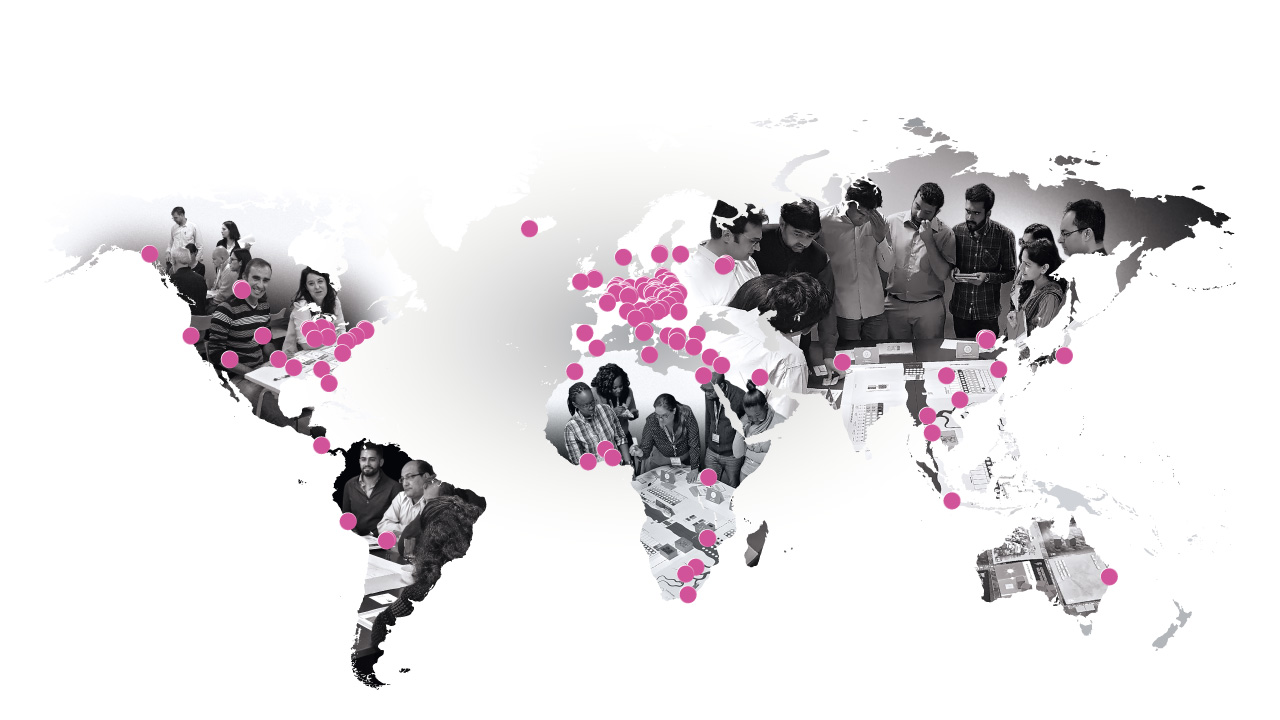
We encourage you to contact us and easily learn how to use one of our social simulations. See available courses.
We can also create a simulation related to one of the Sustainable Development Goals, or deliver a workshop tailored to your audience.
Together we can create a valuable experience. We look forward to becoming your project partner.
Learn more about our organization – Centre for Systems Solutions.

